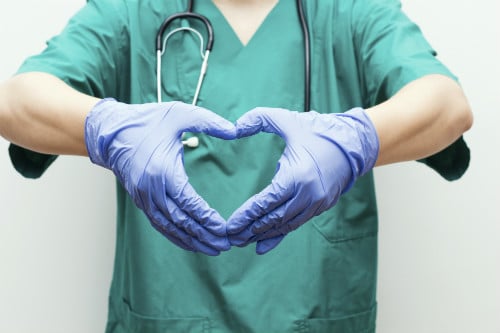 In the last five years, healthcare cleaning has become an increasingly important topic in the healthcare sector. Cleanliness in healthcare facilities is crucial for daily operation and prevention of HIA’s or Healthcare Associated Infections.
In the last five years, healthcare cleaning has become an increasingly important topic in the healthcare sector. Cleanliness in healthcare facilities is crucial for daily operation and prevention of HIA’s or Healthcare Associated Infections.
In 2000, nearly 103,000 deaths resulted from HIA’s in the U.S. 75 percent of these deaths were considered preventable by more stringent cleaning procedures.
Most hospitals are now required by the state to release their infection rates to consumers, which can in turn cause them to sacrifice business as potential patients look elsewhere.
This increased awareness has opened a new market for high quality cleaning services which has in turn has created opportunities for cleaning businesses to create superior healthcare cleaning programs. Those working for a healthcare facility that has been struck with an HIA problem can have hope to turn their facility around with a stringent, highly goal-oriented cleaning plan from a professional healthcare cleaning company.
Jani-King has created a business model that’s focused on not only capitalizing on this opportunity, but helping to create clean and safe environments for hospital patients and doctors.
Jani-King focuses on helping their franchises become successful. First, they provide a certification program that each person working in a healthcare environment must pass so they can meet all of the standards set by local, state, and federal regulations and guidelines. This certification helps franchises build their business. With Jani King, entrepreneurs can have the support they need to train their staff to take on the challenges of healthcare cleaning.
Ongoing education and awareness will continue to be the springboard for effective healthcare cleaning. Jani-King’s Healthcare Cleaning program is based on the best practices from organizations like the American Society for Healthcare Environmental Services (ASHES), Association for Professionals in Infection Prevention (APIC), Association of peri Operative Registered Nurses (AORN), and the Centers for Disease Control (CDC).










